Únase a getAbstract para acceder al resumen.

Únase a getAbstract para acceder al resumen.
Gregory T. Weldon
Gold Trading Boot Camp
How to Master the Basics and Become a Successful Commodities Investor
Wiley, 2007
¿De qué se trata?
Gold is the most stable investment you can make, if you do it right.
Recommendation
This book combines personal reminiscences, economic analyses and trading know-how. Gregory T. Weldon tries with some success to balance these three important elements, but readers are likely to be most interested in his trading advice. To convey it in detail, the book relies heavily on charts. One appears on almost every page, along with commentary and an explanation of why it is relevant to trading. This approach has its strengths, particularly in conveying information about trends and statistics, but as time passes, the utility of the charts may dim. Weldon could have softened this impact by providing instructions to readers on how to extrapolate more timely charts. He could also have proofread more painstakingly, as minor errors undermine his authority, but the depth of his knowledge shines through. getAbstract recommends this ambitious book to visual learners who aspire to trade in gold.
Summary
About the Author
Gregory T. Weldon is CEO of a company that produces several newsletters about the gold and capital markets, which he launched after building a successful career on Wall Street. He appears regularly on CNBC to discuss the gold and global capital markets.









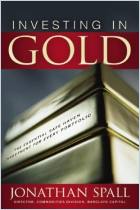
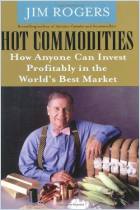
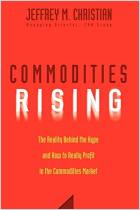
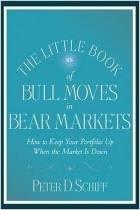
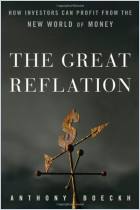
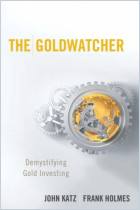







Comment on this summary